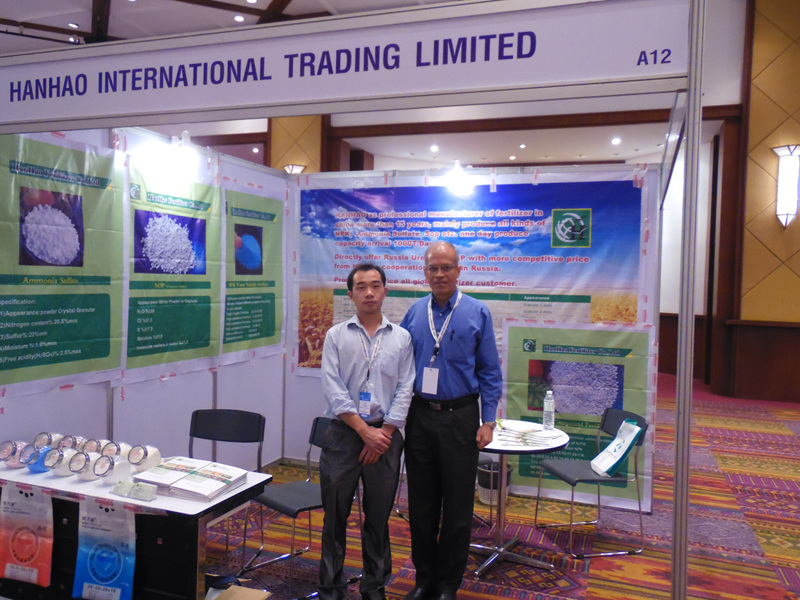
Nov . 08, 2024 11:28 Back to list
Production and Sustainability of 10-30-30 Fertilizer Plants for Enhanced Agriculture
The 10-30-30 Fertilizer Factories A Sustainable Approach to Agriculture
In the realm of modern agriculture, the quality and efficiency of fertilizer production play a pivotal role in determining crop yield and food security. Among the myriad types of fertilizers available, the 10-30-30 formula has emerged as a significant player, especially in regions where nutrient management is critical. This article delves into the concept of 10-30-30 fertilizer factories, examining their functions, benefits, and the impact they are having on sustainable agriculture.
Understanding the 10-30-30 Fertilizer Formula
The numbers in the 10-30-30 fertilizer formulation represent the percentage by weight of three key macronutrients essential for plant health nitrogen (N), phosphorus (P), and potassium (K). Specifically, this blend contains 10% nitrogen, 30% phosphorus, and 30% potassium. Each of these nutrients serves a distinct purpose
1. Nitrogen (10%) Vital for vegetative growth, nitrogen promotes leafy development and overall plant vigor. It is crucial to protein synthesis and plays a key role in chlorophyll production, thus enhancing photosynthesis.
2. Phosphorus (30%) This nutrient is integral for root development, flower formation, and the overall energy transformation within the plant. Phosphorus promotes the establishment of robust root systems, which are essential for nutrient absorption and water uptake.
3. Potassium (30%) Often referred to as the “quality nutrient,” potassium enhances the plant’s ability to withstand stress, increases disease resistance, and improves overall crop quality. It aids in water regulation and enzyme activation, making it indispensable for optimal growth.
Given the balanced ratio of these nutrients, the 10-30-30 fertilizer blend caters to the specific needs of crops, particularly those that are nutrient-demanding during their growth cycles.
The Role of 10-30-30 Fertilizer Factories
10-30-30 fertilizer factories

10-30-30 fertilizer factories specialize in the production of this unique blend, employing state-of-the-art technology to ensure that the formulation meets agricultural standards. These factories utilize precise manufacturing processes to maintain the consistency and quality of the fertilizer, which is crucial for achieving desired agricultural outcomes.
The production process typically involves the sourcing of raw materials, such as ammonium nitrate for nitrogen, rock phosphate for phosphorus, and potassium sulfate for potassium. These materials are meticulously blended to achieve the desired nutrient ratio and processed to create granules or pellets that are easy to apply and handle.
Benefits of 10-30-30 Fertilizer
1. Targeted Nutrient Supply The specific formulation allows farmers to provide targeted nutrients to crops that demand it the most, ensuring efficient nutrient usage.
2. Improved Crop Yields With the right balance of nutrients, plants can thrive, leading to higher yields and better quality produce. This is particularly important in regions facing food security challenges.
3. Enhanced Sustainability By utilizing a fertilizer that promotes optimal nutrient uptake, farmers can reduce the risk of nutrient runoff, which can lead to environmental degradation. This sustainable practice supports both agricultural productivity and ecological health.
4. Cost-Effectiveness The efficiency of the 10-30-30 fertilizer in promoting plant growth can lead to improved profitability for farmers, as higher yields often translate to increased income.
Conclusion
As global agriculture faces challenges such as climate change, soil degradation, and increasing food demand, innovations in fertilizer production like the 10-30-30 fertilizer factories represent a beacon of hope. By providing a balanced nutrient profile tailored to plant needs, these factories not only support sustainable agricultural practices but also contribute to food security and economic viability for farmers worldwide. Investing in such production facilities not only meets the immediate nutrient requirements of crops but also paves the way for a more resilient agricultural future. In essence, the 10-30-30 fertilizer formula is more than just a blend of nutrients; it symbolizes a strategic approach to fostering sustainable agriculture and ensuring that we can feed the growing global population.
-
Premium 8 12 16 Fertilizer – High-Efficiency Compound & Granular NPK Supplier
NewsJun.10,2025
-
High Quality Agricultural Grade NPK Fertilizer Manufacturer & Supplier Reliable Factory Price
NewsJun.10,2025
-
Organic Fertilizer for Corn Boost Yield Sustainably
NewsJun.10,2025
-
Organic Fertilizer for New Plants Natural Growth Boost & Eco Nutrients
NewsJun.10,2025
-
Optimized Hydroponic NPK Fertilizer – Fast Growth & Nutrients
NewsJun.09,2025
-
Top-Rated NPK Fertilizer for Fruit Trees - Boost Growth & Yield
NewsJun.09,2025
